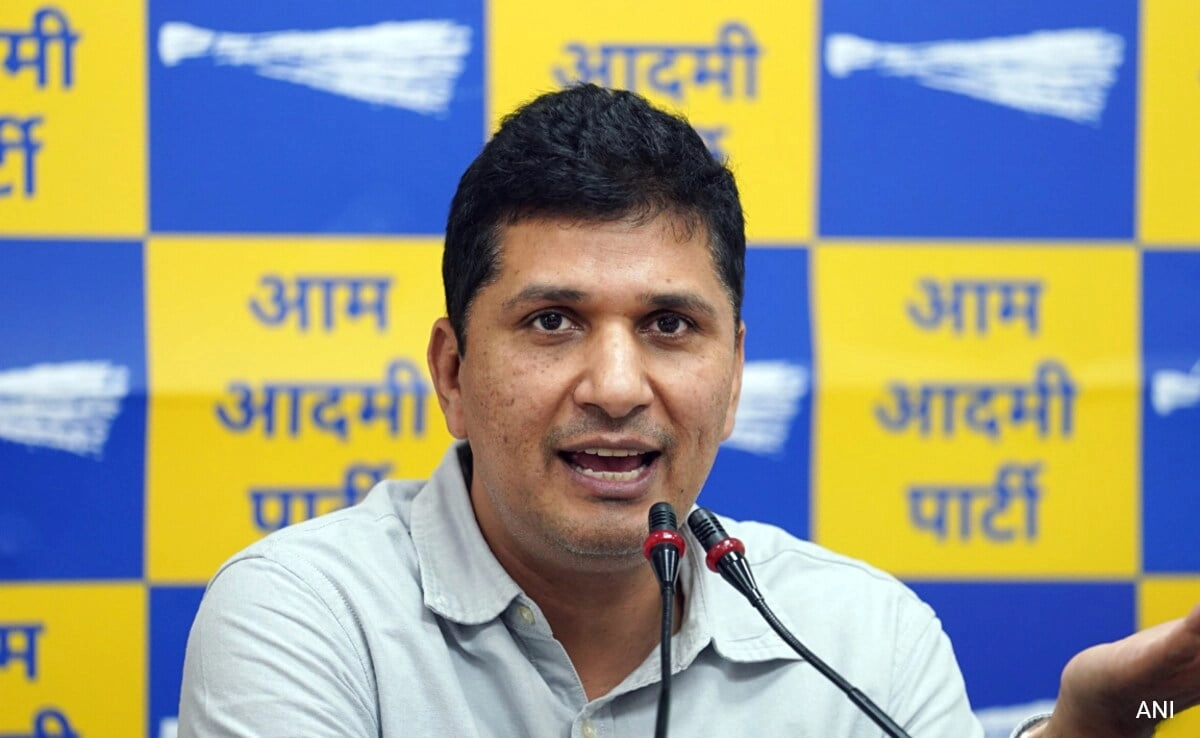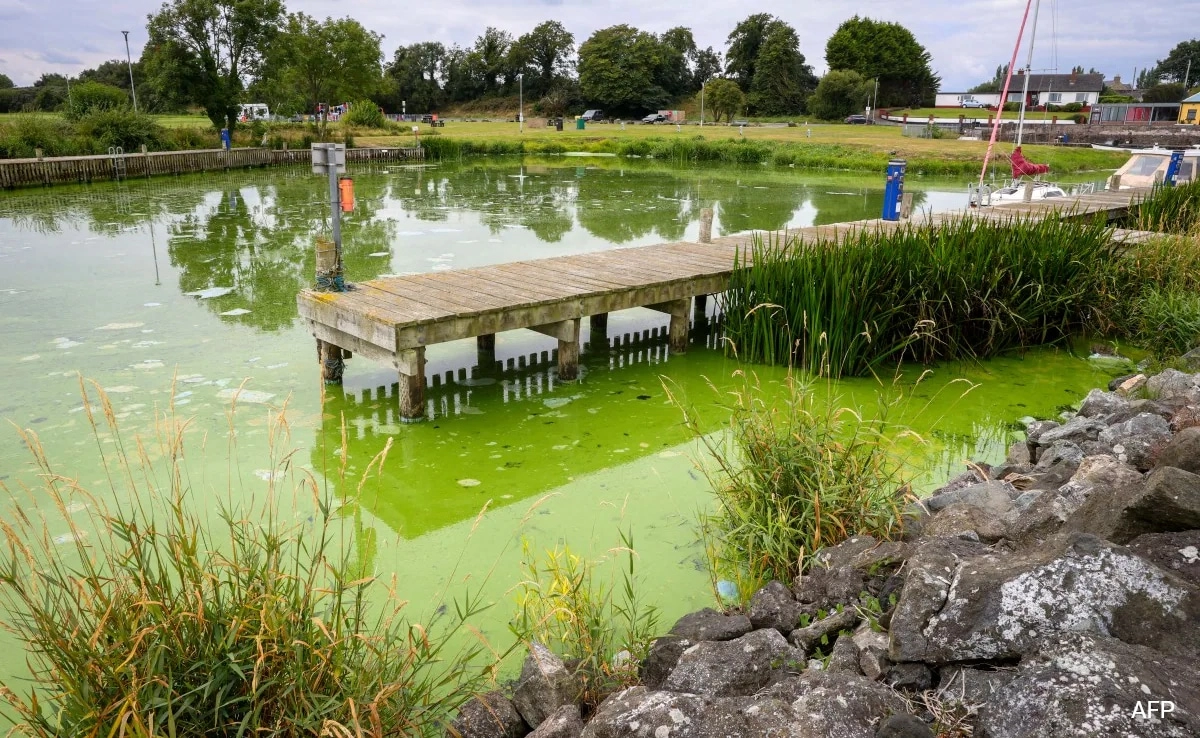In a significant development, the Enforcement Directorate (ED) has launched a probe into the alleged involvement of Saurabh Bharadwaj, a prominent leader of the Aam Aadmi Party (AAP), in a hospital construction scam. The investigation has raised eyebrows, particularly given Bharadwaj’s role as the Delhi government’s Minister of Health. The ED’s actions come amid ongoing scrutiny over the management of public funds and the transparency of the processes involved in the construction of hospitals in the national capital. This inquiry not only highlights the challenges facing the AAP government but also raises questions about the accountability of public officials in managing essential services.
The allegations suggest that there may have been irregularities in the tendering process for hospital construction projects, potentially involving inflated costs or misallocation of funds. As a health minister, Bharadwaj was responsible for overseeing these projects, making his position crucial in determining whether any misconduct occurred. The ED’s raids are part of a broader investigation into corruption within the Delhi government, which has faced criticism for its handling of various projects. The political ramifications of this probe could be significant, as it may impact public trust in the AAP administration and its commitment to transparency and good governance.
Bharadwaj has been vocal in defending his actions and denying any wrongdoing. He argues that the ED’s investigation is politically motivated, aimed at undermining the AAP’s credibility ahead of upcoming elections. This situation has led to a heated exchange between party officials and opposition leaders, with each side accusing the other of engaging in political theatrics rather than focusing on governance. As the investigation unfolds, it will be essential to monitor how the AAP navigates the challenges posed by these allegations and what measures it may implement to restore public faith in its administration.
The outcome of this investigation could have far-reaching implications not only for Bharadwaj but also for the AAP as a whole. If the ED uncovers substantial evidence of wrongdoing, it could lead to serious legal repercussions for Bharadwaj and potentially tarnish the party’s reputation. Conversely, if the allegations are proven baseless, it may bolster the AAP’s claims of political persecution and rally support among its base. In either case, the situation underscores the complexities of governance in Delhi, where political rivalries often intersect with issues of public accountability and transparency in government spending. As the public awaits further developments, the focus will undoubtedly remain on how this investigation unfolds and its potential impact on the political landscape in the capital.




